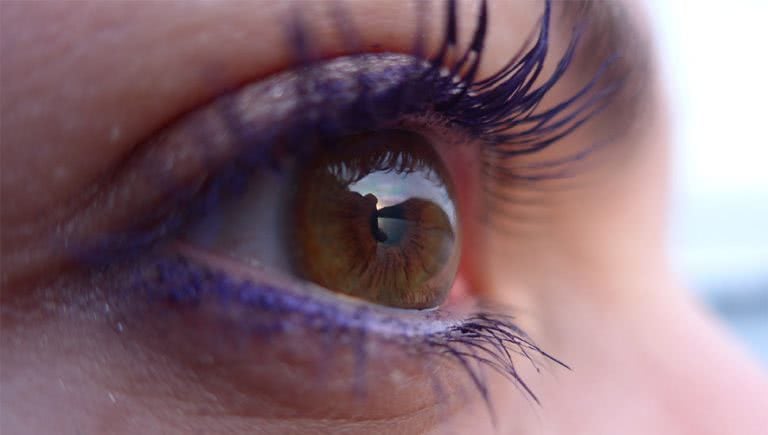A Japanese man is reportedly in custody after stalking a pop star by using the reflections in her eyes in social media photos to track her down.
There’s no denying the fact that we live in a technologically-advanced world. In fact, while concerts have been using facial recognition software and arresting criminals in the process, photographs have become so high-definition that we can see facial expressions of people from miles away.
Needless to say, it can be a worry if this technology is used for nefarious purposes.
However, one Japanese musician has seen how nefariously technology can be used, after being the subject of a stalking case that recently ended in an arrest.
As the BBC reports, 26-year-old Hibiki Sato was arrested on September 17th on suspicion of indecent behaviour alongside stalking and causing injuries to 21-year-old Ena Matsuoka – a singer for Tenshi Tsukinukeni Yomi – on September 1st.
Describing Sato as an “avid fan”, media outlets explained that he had scoured the musician’s selfies for details about her location, before tracking her down using Google Street View.
Sato reportedly told police that he zoomed in on images of her eyes, identifying a nearby train station she frequented, before studying videos shot in her apartment (including the placement of curtains and natural light) to determine which floor she lived on.
Love Music?
Get your daily dose of metal, rock, indie, pop, and everything else in between.
Officials allege that Sato accosted the musician, committing “indecent acts” with her, and injuring her in the process.
Needless to say, the response has been swift from officials, with publications such as The New York Post noting warnings urging people not to take photos around recognisable locations, or even making the V-sign in photographs, lest their fingerprints be stolen.
Undoubtedly, this raises a lot of worrying discussion about just how much information users post online, and raises concern about the future of cyberstalking with the current rate of technological advancements.
As the BBC noted, Tokyo Metropolitan University Shuichiro Hoshi explained that higher image quality means the chances of private information being unintentionally shared has risen in recent years. “In other words, the risk of a so-called ‘digital stalker’ is on the rise,” he explained.

































